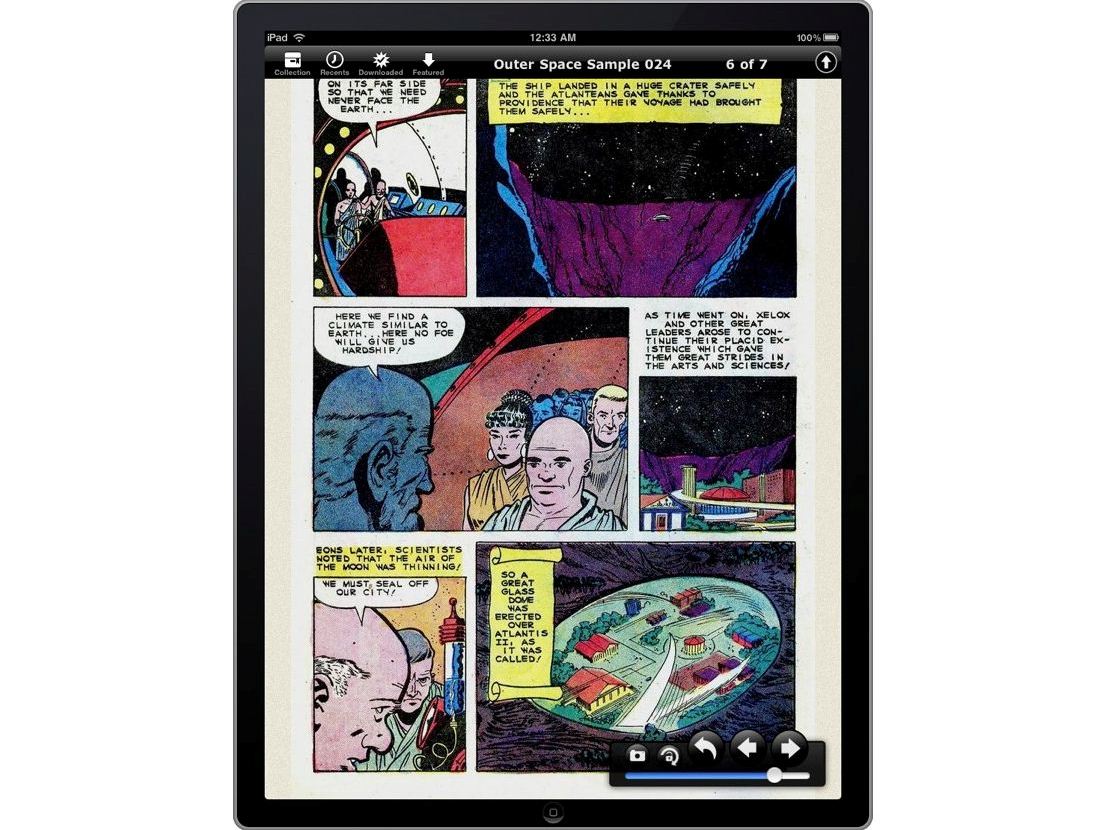Reading speeds on iPad, Kindle and printed books compared
Which is best?

A new in-depth, qualitative study has compared the average reading speeds from reading long-form texts on four different reading devices – the traditional printed book, the PC, the Apple iPad and the Amazon Kindle.
Jakob Nielsen's reading usability study looked to answer one simple question: are the latest e-books and tablet PCs as good as printed books?
iPad versus Kindle versus book
"We conducted a readability study of people reading fiction on the two highest-profile tablets: Apple's iPad (first-generation) and Amazon's Kindle 2," notes Nielsen.
The study was conducted using Apple's default iBook app and focused on testing "linear, narrative content because it's the primary use case for e-book readers."
Readers were taught how to use both the Apple and Amazon e-readers before the study, so the focus could be purely on measuring and comparing reading speeds.
Method
Sign up for breaking news, reviews, opinion, top tech deals, and more.
We ran a within-subjects study, testing each user on all 4 reading conditions — printed book, PC, iPad, and Kindle — rotating the sequence in which we exposed users to each device.
"On each device, we asked each user to read a short story by Ernest Hemingway," Nielsen explains. "We picked Hemingway because his work is pleasant and engaging to read, and yet not so complicated that it would be above the heads of users."
The stories took 17 minutes and 20 seconds to read on average, with all 32 users in the study being people "who like reading and frequently read books…because we wanted to focus on the people most likely to actually read long texts on tablets."
The results show that the Apple iPad measures at 6.2 per cent lower reading speed than the printed book and that the Amazon Kindle measured at 10.7 per cent slower than print.
Conclusions: books win
"The difference between the two devices was not statistically significant because of the data's fairly high variability," notes Nielsen.
"Thus, the only fair conclusion is that we can't say for sure which device offers the fastest reading speed. In any case, the difference would be so small that it wouldn't be a reason to buy one over the other.
And while Nielsen concludes "that tablets still haven't beaten the printed book" he also notes that the study "is promising for the future of e-readers and tablet computers."
More details on Nielsen's qualitative findings on users' reactions to reading e-books and tablet PCs will be presented at next month's Writing for the Web session at the annual Usability Week conference.
Via Useit.com
